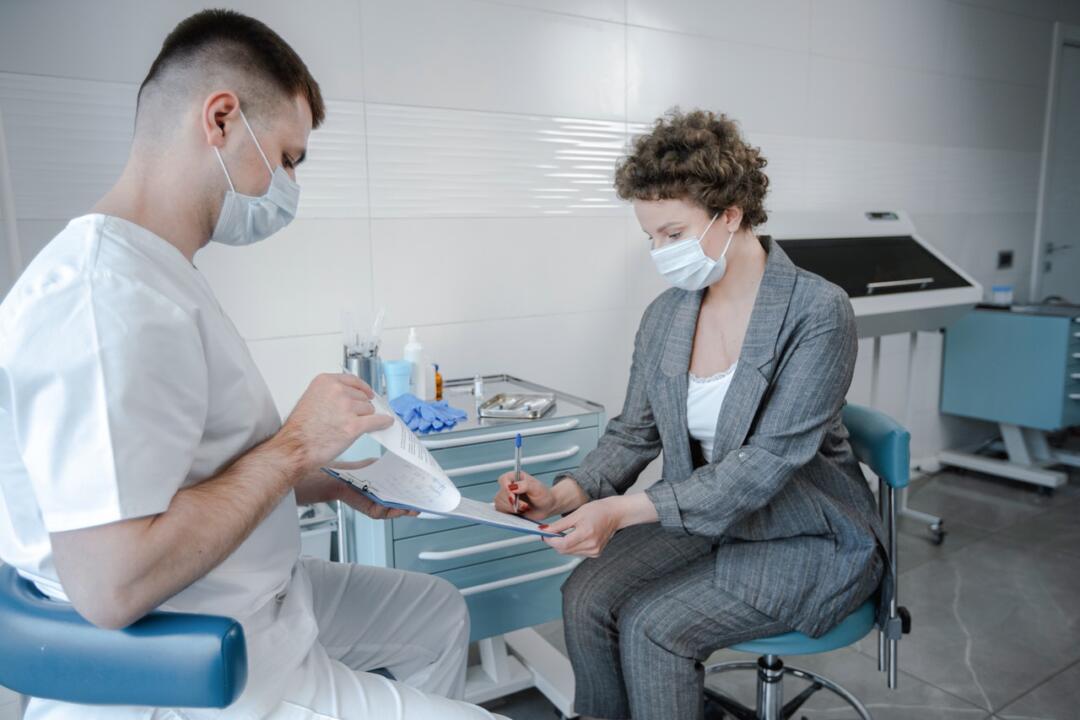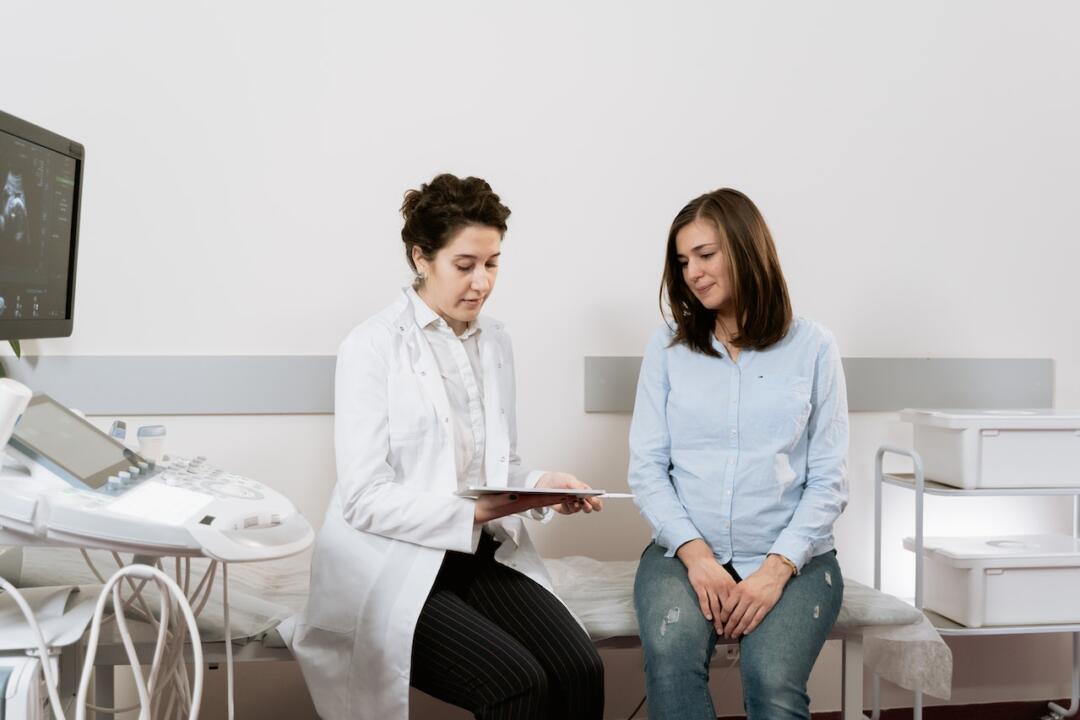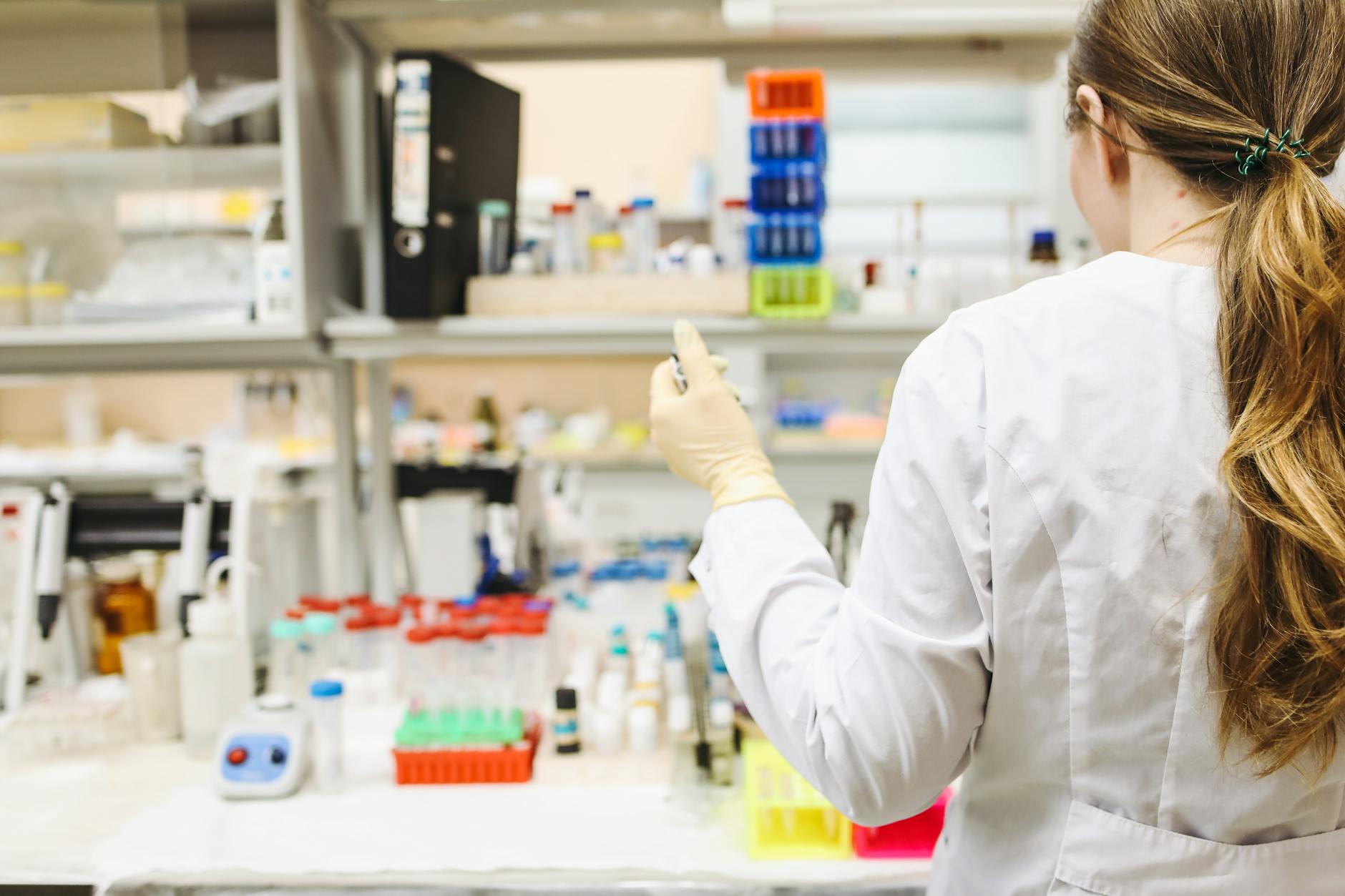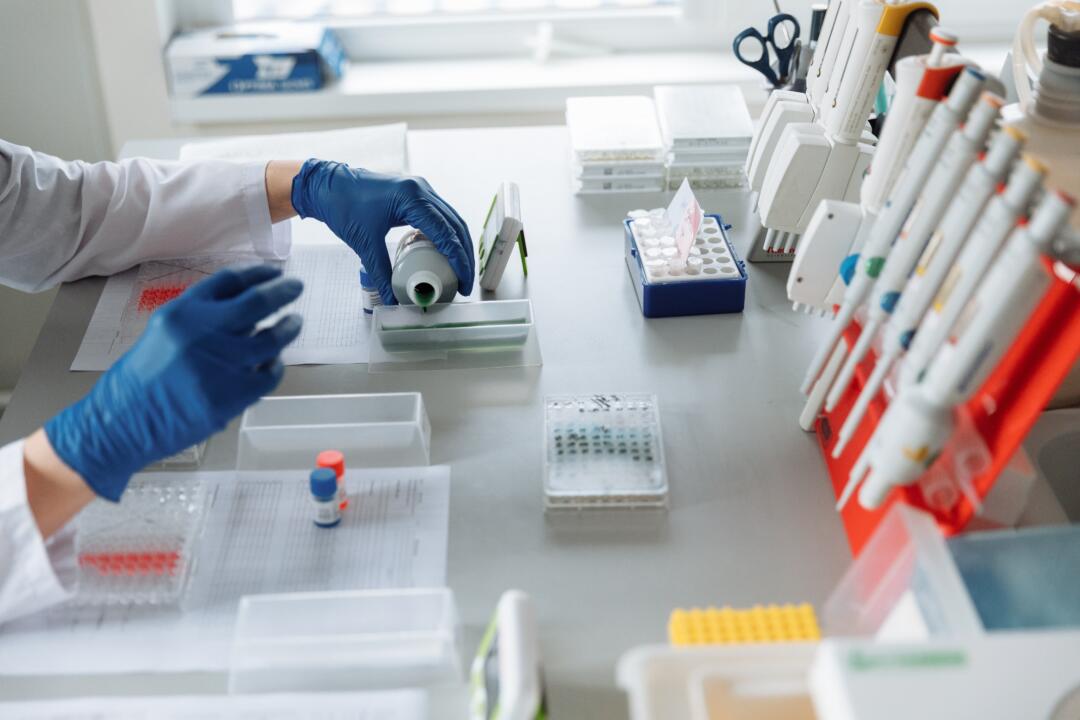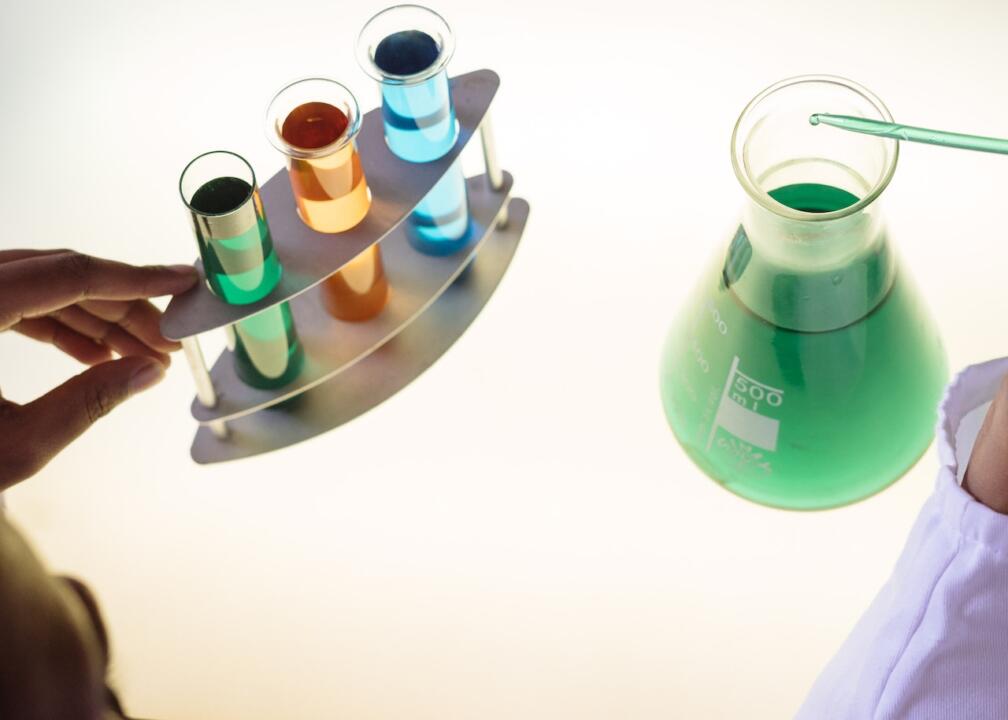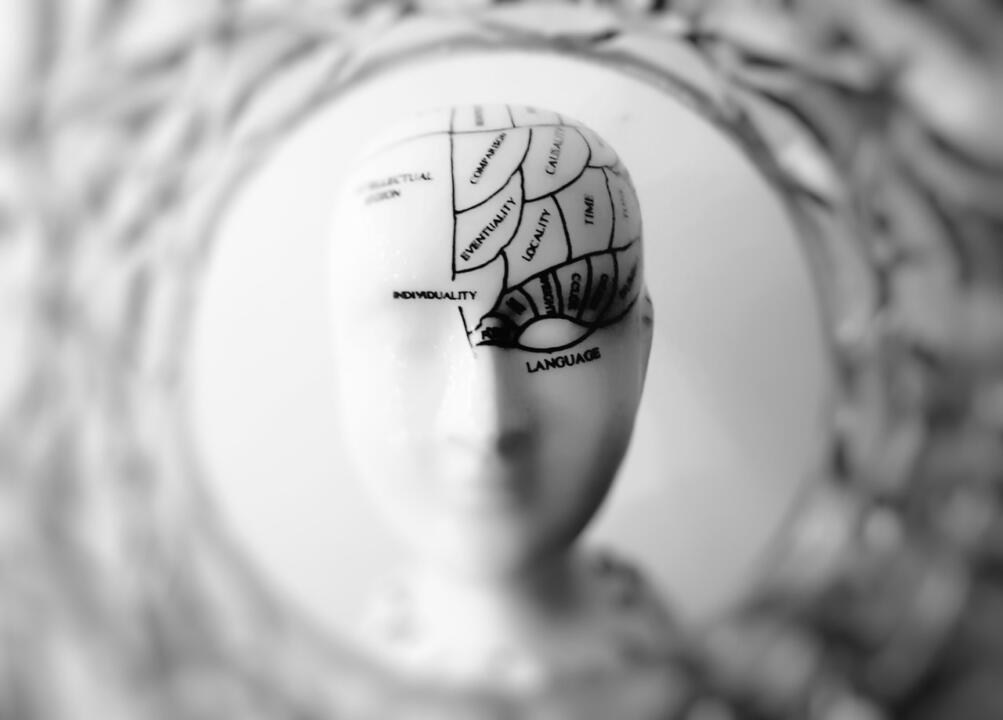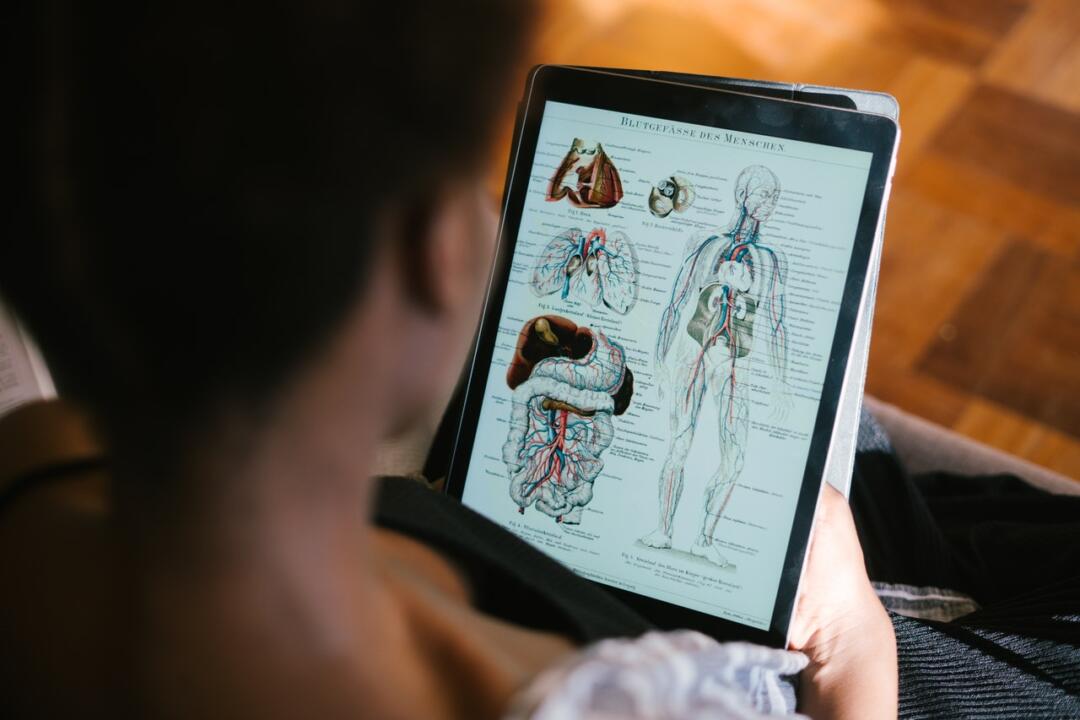Your cart is currently empty!
C5: Critical thinking and problem-solving

Critical thinking and problem-solving competency is a fundamental skills that medical schools aim to develop in their students. It refers to the ability to analyze and evaluate complex situations, consider multiple perspectives, and make informed and effective decisions in medical practice. This competency is crucial for physicians as they encounter various challenges and uncertainties while diagnosing and treating patients.
Key Components of Critical Thinking and Problem-Solving in Medicine:
- Clinical Reasoning: Medical students learn to apply their knowledge of basic and clinical sciences to analyze patient data, identify patterns, and form hypotheses regarding potential diagnoses. They consider the most likely and relevant diagnoses while ruling out less probable options.
- Evidence-Based Practice: Critical thinking in medicine involves the integration of the best available evidence from medical literature, patient preferences, and clinical expertise. Physicians use evidence-based guidelines and research findings to inform their decisions and ensure optimal patient outcomes.
- Diagnostic Skills: Students learn to gather relevant information from patient histories, physical examinations, and diagnostic tests to arrive at accurate and timely diagnoses. They must be able to interpret test results and assess their implications on patient health.
- Risk Assessment: Physicians must be skilled in assessing the potential risks and benefits of different treatment options. They consider factors such as patient health status, comorbidities, and potential side effects to make well-balanced decisions.
- Creativity and Innovation: Critical thinking fosters creativity in problem-solving. Physicians may encounter complex cases with no clear diagnosis or treatment plan. They must think innovatively and explore alternative approaches to address such challenges effectively.
- Ethical Considerations: In challenging situations, critical thinking involves considering ethical principles and patient values when making decisions. Physicians must navigate morally complex scenarios, respecting patient autonomy and preserving patient confidentiality.
- Continual Assessment and Learning: Critical thinkers recognize the need for continuous improvement. They reflect on their clinical decisions, seeking feedback and engaging in lifelong learning to enhance their problem-solving skills and medical knowledge.
Teaching Critical Thinking and Problem-Solving:
Medical schools utilize various teaching methods to promote critical thinking and problem-solving abilities among their students. These may include:
- Case-based learning: Students analyze clinical cases to identify problems and develop appropriate management plans.
- Problem-based learning: Students collaborate to solve real-life medical problems, integrating knowledge from different disciplines.
- Critical appraisal of research literature: Students learn to critically evaluate medical studies and apply evidence to patient care.
- Simulated patient scenarios: Simulations allow students to practice decision-making in realistic clinical situations.
By nurturing critical thinking and problem-solving skills, medical schools prepare their students to become competent and adaptable physicians who can thrive in the dynamic and ever-evolving field of medicine. These skills enable physicians to provide the best possible care for their patients while navigating the complexities of modern healthcare systems.
Discover more from mymedschool.org
Subscribe to get the latest posts sent to your email.

